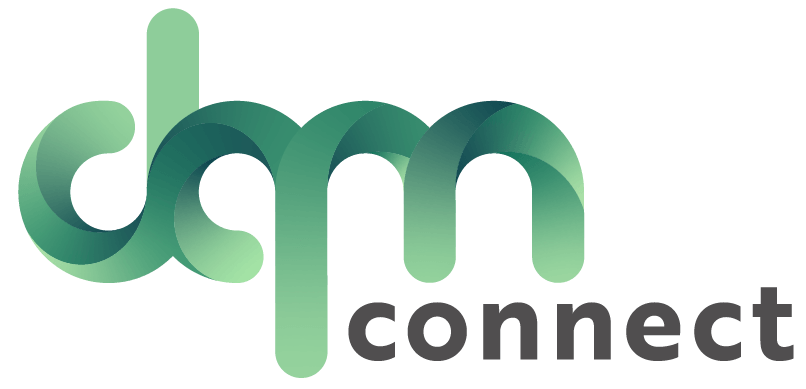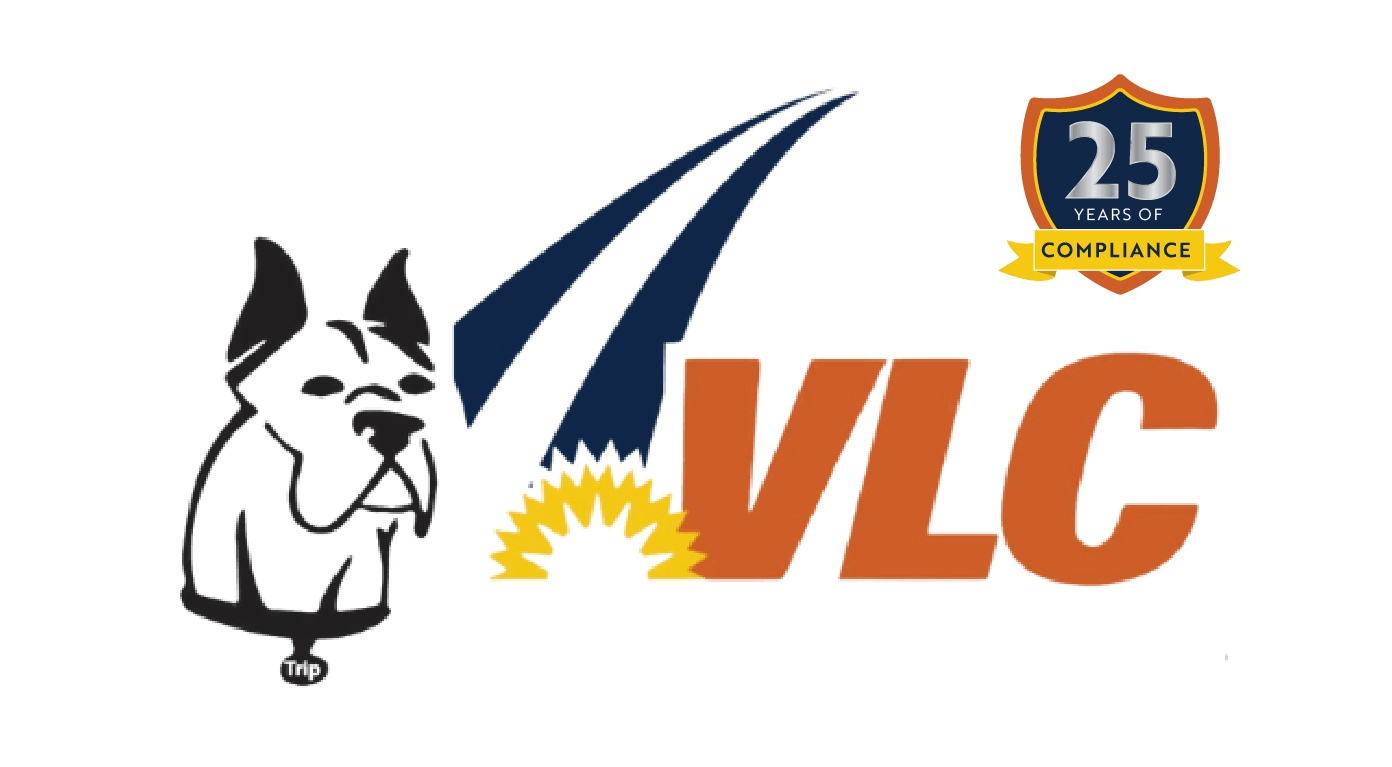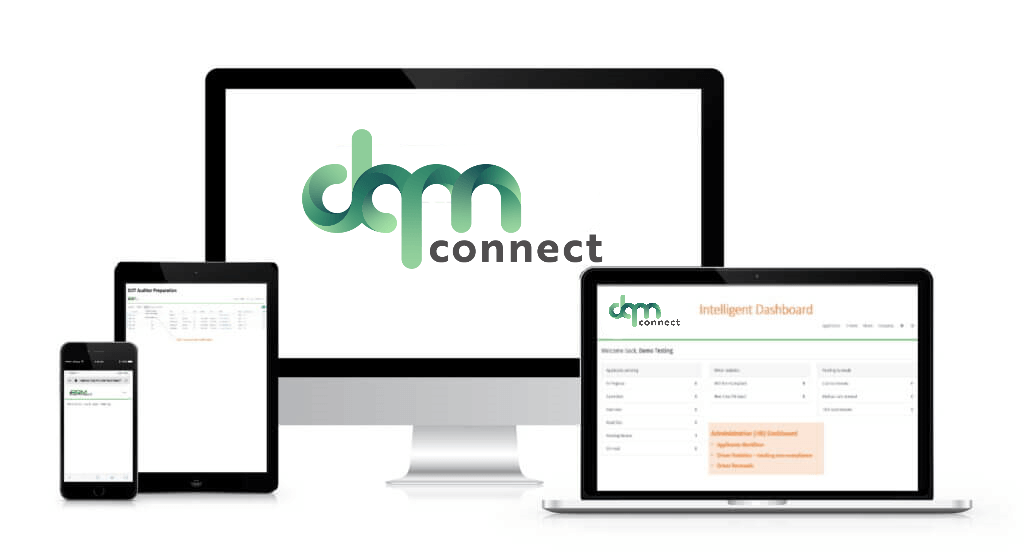
Driver Qualification File Management
DQMConnect™ allows you to be in control of your data at all times. All your information is stored on your servers and not in the cloud where it could be vulnerable. Our unique platform is designed to customize your data files with branding and logos to personalize all your documents like driver files and company information.
Online DQ File Storage Management
- Self-managed driver file management. You are in control of how your files are organized and stored. You can even add your own custom company documents. You can customize and standardize to fit your company. You are in control, always.
- This contrasts with many of the DQM competitors who offer this as a service. They take control of your DQ files, and they manage DQ file requirements and renewals for you.
- Automatic Archive Organization to retain FMCSA file retention requirements in mind
Smart Online Application for Drivers
- Take control of your hiring process.
- Recruiters can instantly qualify serious driver applicants.
- Enhanced, friendly applicant environment; turn more qualified applicants into drivers
- Simplify the DOT driver file requirements and expedite the driver onboarding process.
- Increase your hiring teams visibility and find more qualified drivers.
- On-board new commercial drivers and put them behind the wheel in a fraction of the time.
- Perfect for seasonal/agricultural drivers: update online application in minutes rather than re-apply!
Take the next step in Driver Qualification File Management by taking DQMConnect™ for a test drive. Contact us for more information or to schedule a live demo.

DQMConnect™, Driver Qualification File Management
The transportation industry is definitely shifting from an old-school approach into the tech era. As devices, such as telematics, become more sophisticated, data capture and sharing are at the heart of mobility solutions. Fleets and trucking companies that have embraced digital transformation are benefitting. The newer technologies have helped reduce operating costs and enabled expansion their core business.
In this article, VLC shares some great tools to help you ride the technology wave for improved business efficiency, time and cost savings.
DQMConnect™ is the leading driver qualification file management solution offering centralized storage and efficient driver communications capabilities. Not only will driver files stay organized, up-to-date, and compliant but the technology approach to hiring will help attract the best candidates.
TripDAWG is a customizable fleet management telematics solution focused on 6 key areas: efficiency, safety, vehicle health and reliability, regulatory compliance, sustainability, and data access/expandability. Start with our Geotab fleet telematics core and expand your TripDAWG solution to meet your business objectives.
Mandates for electronic logging devices by the FMCSA apply to most motor carriers and drivers who are required to maintain records of duty status (RODS). These electronic requirements are propelling the technology wave and giving rise to newer and better features.
If you would like to learn more about how technology can improve your business, contact us. One of VLC’s transportation specialists will be happy to assist. Their years of industry experience are sure to uncover some great ideas to benefit your business!

Driver Qualification File Management
If you’re looking into starting up your own trucking or transportation company, it’s critical to understand your regulatory requirements. Commercial transportation in the United States is tightly regulated, and compliance issues can bring steep penalties. For transportation startups, falling afoul of these laws can quickly end the venture.
One of the biggest sources of trouble are regulations relating to Driver Qualification Files (DQFs). These files include a large assortment of information about all of your paid drivers and must be strictly maintained. This includes information from when they were first hired, as well as annual updates on their performance. Scrupulous DQ file management is a necessity, as you could be called upon to provide these files to regulators at almost any time.
So, in this guide, we’ll break down DQ file management requirements: What information you need to keep, what needs to be updated and when, and what penalties you could face if you fail to do so.
I: What Is a Driver Qualification File?
Simply put, a DQF is the master file which proves each driver you employ is properly qualified to operate the machinery they use. It includes an extensive list of documentation – covered in detail below – ranging from the driver’s initial job application to ongoing updated information on driving performance and violations.
This is required by the Department of Transportation and is fully detailed under 49 CFR Part 391. When in doubt, refer to the official legislation to avoid any confusion.
II: What Drivers Need A DQF?
Broadly speaking, assume you need to keep a DQF for any driver you employ who’s operating a motor vehicle for commercial purposes. It is important to note that these regulations are not solely restricted to drivers who have a Commercial Drivers’ License. There are several situations where even a driver without a CDL will still need a DQF on file.
DQ file management regulations cover any licensed driver who operates a commercial vehicle of at least 10,001 pounds gross weight, who transports placarded hazardous materials of any weight, or who carries at least 8 passengers in the vehicle (including themselves). So, for example, a driver in a regular pickup truck transporting a single barrel of hazardous waste would still need a DQF on file.
Our advice is to simply keep a DQF on hand for everyone who drives, to be safe.
III. What Goes into a DQF?
Be aware that DQF requirements tend to change, so it’s always a good idea to check for up-to-date information in your state. However, at the time of writing (July 2022) the current Federal requirements for your DQFs include:
- The driver’s original employment application
- Any pre-employment questionnaires if they are separate from the employment application
- The driver’s Motor Vehicle Record (MVR) at the time of hiring
- Any existing violations on record at the time of hiring
- Medical physical test results and certification of physical fitness
- Documentation of any special medical needs or exemptions, if applicable
- Road test certifications, aside from tests taken by the driver to obtain a CDL
- Verification of past employment, or documentation of good-faith efforts to verify employment if prior employers do not respond
- Annually updated MVR records
- Annually updated records of any violations, accidents, or other incidents
In addition to this, there are requirements relating to how long particular pieces of information need to be kept on file, even past the end of the driver’s employment. These requirements currently are:
- The DQF itself: Throughout employment and three years after
- Individual elements relating to the driver’s MVR, health records, drug tests, and violations are kept for three years, then cycled out and replaced with newer information.
- Accident register: three years
- Positive drug test results: five years
- Negative drug tests: one year
- Driving logs and supporting documentation: six months
- Daily Vehicle Inspection Reports (DVIRs): Three months
- Vehicle inspection, maintenance, and repair reports: Cycled after one year, and retained for six months after the vehicle leaves your control
As you can see, there is a lot of specific information that needs to be kept, and with very precise time requirements as well. These must be followed exactly, or else penalties could be assessed.
IV: What Are the Penalties for DQ File Management Non-Compliance?
The DOT is empowered to conduct audits of DQFs at virtually any time if there are indications of compliance or safety regulation violations. This is particularly likely if a driver is involved in an accident or a major moving violation. Just assume your records will be audited if there’s a significant incident.
It’s worth mentioning that these files can also provide protection for your company. If a driver is involved in an accident due to their own negligence, you will be expected to demonstrate that you had performed all due diligence to guarantee their fitness, or else you may share in their legal burdens. With properly maintained DQ file management, you can avoid blame for your drivers’ mistakes.
However, DQF violations are common. Thousands of violations are documented per year and typically cost upwards of $600 per individual item which is out of compliance. When the DOT finds DQF violations, the cost to a company is typically, on average, over $6,000 due to multiple violations stacking. Some specific violations, such as allowing drivers to operate a vehicle without documented physical examinations, can carry fines over $11,000 per violation.
In short, these penalties can be absolutely disastrous for a small startup, and a significant burden for even large companies which should be avoided at all costs.
V: Protect Yourself with DQ File Management Software
The best way to maintain compliance with DQF management regulations is with smart software packages.
By digitizing your DQFs and keeping them in a central database, software systems make it easy to track and update DQFs whenever needed. Better yet, these solutions are smart enough to monitor your files and provide automated alerts when updates are needed. So, there’s far less chance of a driver’s physical exams being overlooked, or of old information not being properly removed from the DQF as required.
DQMConnect™ from VLC simplifies DQ file management, and helps you avoid costly fines! Contact us to learn more about how DQMConnect can protect your operation!

Driver Qualification File Management
Anyone running a transportation operation knows that they’re required to keep Driver Qualification Files (DQFs) on all their CDL drivers – but did you know that even non-CDL drivers may be covered by these regulations as well?
Such situations are somewhat rare, but they can happen. If an operation assumes that only CDL-licensed drivers need a DQF, they could accidentally fall out of compliance with Department of Transportation (DOT) regulations – and that can trigger steep fines or even worse penalties. It’s critical to fully understand DOT driver qualification file management requirements, to avoid any unnecessary regulatory problems.
- When Do You Need A DQF For a Non-CDL Driver?
Knowing when drivers need a DQF typically boils down to the weight of the vehicle they’re driving. A driver only needs to have a CDL when they’re driving a vehicle with a gross weight of 26,001+ pounds. However, DQF regulations cover any driver operating a vehicle with a gross weight of at least 10,001 pounds.
So, in these situations, a DQF would be required even if the driver doesn’t have a CDL.
In addition, there are a few unusual scenarios where you might have a driver without a CDL hauling even less weight but still must have a DQF on file. These include:
- Drivers’ transportation of hazardous materials of any weight.
- Drivers transporting 8 or more people (including themselves) for payment.
- Drivers transporting 15+ people (including themselves) without payment or compensation.
In all these situations, a DQF will most likely be required.
2. What Information Do You Need to Keep on Non-CDL Drivers?
The requirements for non-CDL drivers are the same as for CDL drivers if they fall under DOT regulatory authority. The required information includes:
- The driver’s original employment applications.
- Their motor vehicle records as of the time they are hired.
- Verification of previous employers, or documentation of good faith attempts to verify previous employment.
- Road testing results and certification.
- Medical examination records and certification of physical fitness.
In addition, you must annually update their DQF to include their motor vehicle record for the past year, as well as recording any legal violations, if any occurred.
Vehicle Licensing Consultants
Keep these records up to date, with the help of DOT driver qualification file management software, and you’ll be able to easily pass any challenges or audits brought by regulatory bodies. DQMConnect from VLC makes DQF file management easy! Contact us to learn more about our software solutions.

Driver Qualification File Management
Undoubtedly, one of the biggest and most time-consuming hassles in the transportation industry is management of Driver Qualification Files (DQFs). These files, required by the Federal Motor Carrier Safety Administration (FMCSA) include extensive information on each driver, including their background, qualifications, legal issues, and job history, must be meticulously maintained – and be available on-demand for regulatory agencies.
Should even a single required item be missing from a driver’s DQF, it could result in steep fines and other penalties. Yet with turnover so common in the transportation industry, keeping the files up to date can be genuinely difficult.
That’s why it’s time for operations to abandon paper based DQFs. The regulatory burden is simply too high, and the penalties too damaging, to risk paper-based errors. A good driver file software package allows you to digitize and manage your DQFs digitally and brings numerous benefits to your operation.
Three Reasons Why Now Is the Time Embrace Digital Driver File Software
1 – Universal access from anywhere
For a transportation company, merely having to keep physical files in a single location can be a significant barrier to maintaining your DQFs. Modern business is cross-country or even global. Physical paper archives are a bottleneck and can make it particularly difficult for drivers to keep all their paperwork submitted on time. With remote file access, driver file software systems allow DQ Files to be updated from anywhere.
2 – Easy driver-side updates
Drivers also hate dealing with DQFs, since they’re frequently asked to provide documentation and ongoing proof of licensing, certification, etc. A digital system can easily be linked to portal-based websites, or mobile phone apps, allowing drivers to quickly and easily update their files as needed with minimum disruption to their jobs. After all, you want your drivers on the road, not dealing with paperwork.
3 – Smart alerts avoid problems
Modern driver file management software is “smart” and proactive. Programmed to follow the latest regulations, it can alert you and/or your drivers whenever action needs to be taken, such as ensuring that licenses and certifications remain up to date, or warning when older documents need to be removed from the system.
Get Driver File Software Solutions
A paperless digital software system for managing DQFs will reduce your overhead, prevent costly mistakes, and minimize the time you, your staff, and your drivers all have to waste while dealing with bureaucratic requirements. Contact VLC to learn more about how digital file management will improve your operation!







